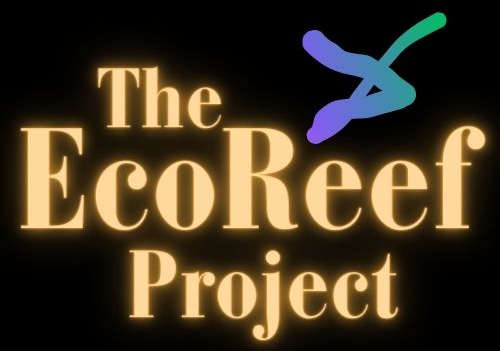The Dynamic Harmony Of Living Off the Land

A Path to Sustainability, Resilience, and Renewal
The Harmony of Living Off the Land
Living off the land has long captured the human imagination, offering a return to simplicity and self-sufficiency. In an increasingly complex and industrialized world, this lifestyle is often viewed as an antidote to environmental degradation and personal disconnect from nature. But what does it truly mean to live off the land, and is it as beneficial to the environment—and the individual—as it seems?
What Does It Mean to Live Off the Land?
The Concept Explained
Living off the land means relying primarily on natural resources for sustenance and survival, rather than modern conveniences.
It involves cultivating food, raising animals, foraging, and using renewable energy sources. This lifestyle emphasizes traditional methods, reducing dependence on industrialized systems.
The Connection to Self-Sufficiency
At its core, living off the land embodies self-sufficiency.
Individuals often grow their own vegetables, harvest rainwater, and use solar or wind energy. It’s not just a way of life; it’s a philosophy centered on independence and connection with the environment.

Is Living Off the Land Good for the Environment?
Positive Environmental Impacts
When practiced responsibly, living off the land can promote sustainability.
Small-scale farming and renewable energy usage significantly reduce carbon footprints. It minimizes waste and avoids reliance on harmful chemicals, preserving local ecosystems.
Challenges and Considerations
However, this lifestyle isn’t inherently perfect.
Overharvesting and improper land management can damage natural habitats. Striking a balance between self-reliance and conservation is crucial for long-term environmental health.

Reflections on Personal Well-Being
A Return to Basics
Living off the land offers a unique sense of fulfillment, stripping away the complexities of modern life.
It fosters mindfulness and gratitude, cultivating a deeper connection to nature and personal values.
Potential Struggles
Yet, this lifestyle demands hard work and resilience.
It’s not always easy or glamorous, and it requires a commitment to both physical labor and mental adaptability.
The Role of Technology in Modern Off-the-Land Living
Balancing Tradition with Innovation
Interestingly, modern technology plays a vital role in enabling this lifestyle today.
From solar panels to water filtration systems, tech innovations make living off the land more accessible and efficient without compromising the essence of self-reliance.
Challenges of Dependency
However, over-reliance on technology could dilute the core principles of traditional living.
Finding a balance ensures that tools aid rather than overshadow the experience.
Community and Collaboration in Living Off the Land
The Power of Shared Resources
While living off the land emphasizes independence, it can also foster strong community bonds.
Sharing tools, resources, and knowledge with others pursuing similar lifestyles promotes collaboration and reduces individual burdens.
Learning from Indigenous Practices
Indigenous communities have lived sustainably off the land for centuries, offering valuable lessons in coexistence with nature.
Respecting and learning from their practices can enhance the modern approach to living off the land.

The Psychological Benefits of Connecting with Nature
Nature as a Source of Healing
Living off the land provides unparalleled opportunities to connect with nature, which has been shown to reduce stress, improve mental health, and foster a sense of purpose.
Daily engagement with natural surroundings and simpler living brings joy and fulfillment, countering the fast pace and complexity of urban life.

Conclusion
Living off the land is more than a lifestyle; it’s a statement of values, emphasizing sustainability, simplicity, and self-reliance.
While it comes with challenges, it presents an opportunity to reconnect with nature and contribute to environmental well-being. For those willing to invest the effort, living off the land can be a rewarding journey—both for the planet and the soul.
Join the Discussion
Living off the land is a lifestyle that sparks curiosity and debate.
Do you think it’s a practical way to tackle environmental challenges, or do the obstacles outweigh the benefits?
Would you consider adopting this lifestyle, even partially, to feel more connected to nature?
#LivingOffTheLand #Sustainability #SelfSufficiency #NatureLovers #EcoFriendly #GreenLiving #Environment #ClimateAction #RenewableEnergy #OrganicFarming #Minimalism #Homesteading #Permaculture #ZeroWaste #OffGridLiving #ReconnectWithNature #SimpleLife #SustainableLiving #EcoConscious #EarthDayEveryDay #Mindfulness #GrowYourOwnFood #SmallScaleFarming #SustainableFuture #EcoLife #NaturalLiving #SlowLiving #CarbonFootprint #FarmToTable #EcoWarrior

Leave a Reply